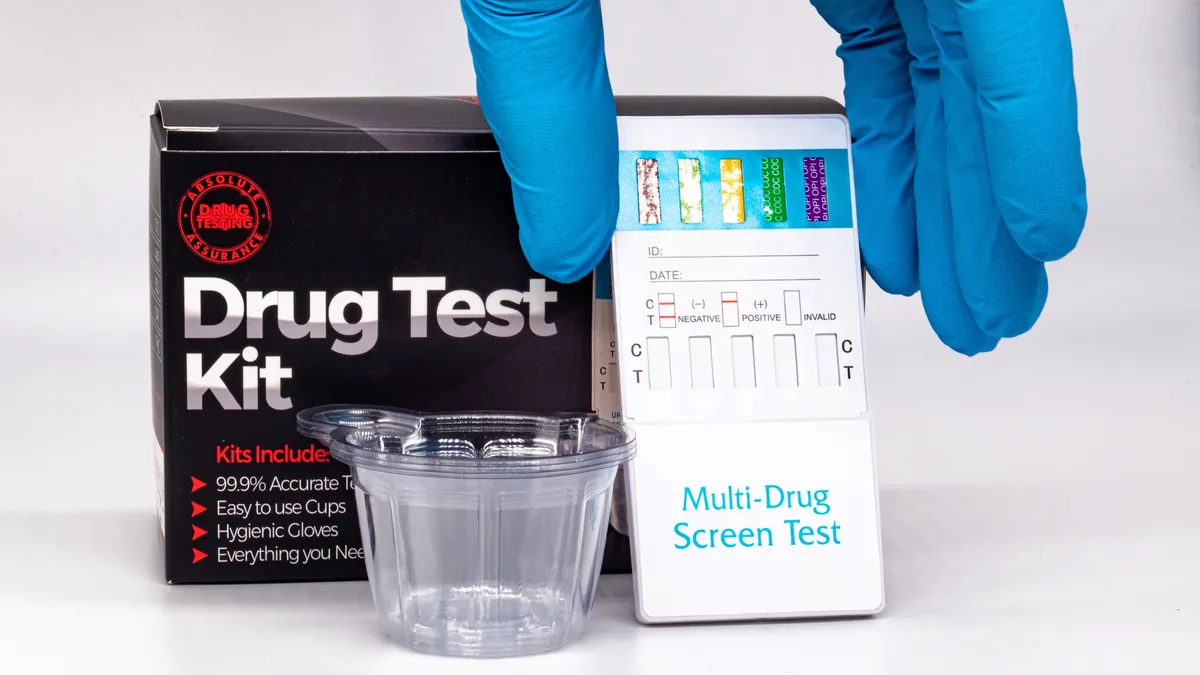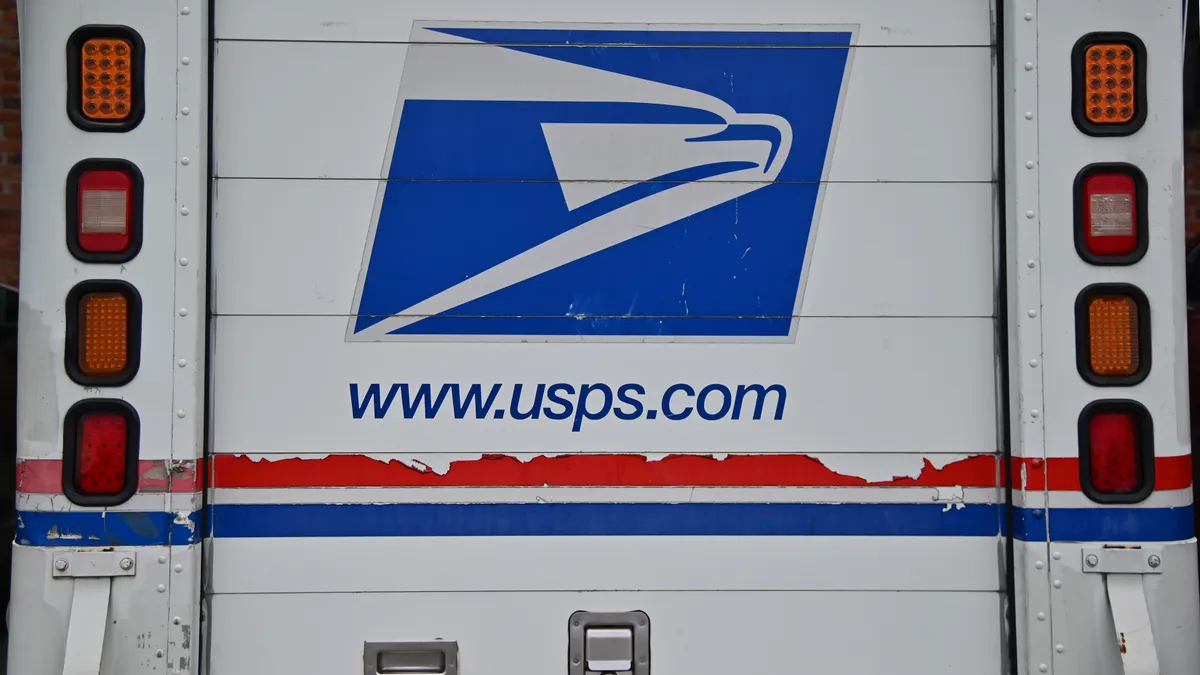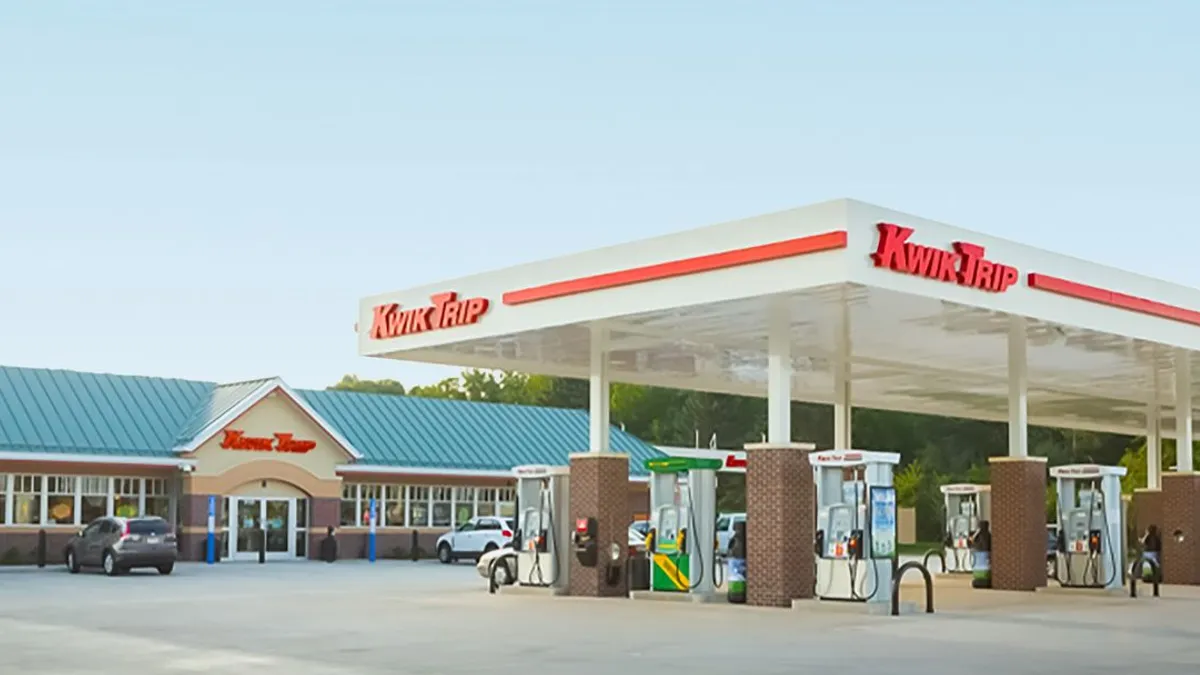As U.S. states and territories move to decriminalize cannabis, marijuana may not be such a taboo work topic anymore. In fact, at workplaces in cities where recreational marijuana has been legal for some time, the infamous aura around cannabis may be bordering on passe.
With this cultural shift, the decision to drug test employees may not be as straightforward as it once was. Two work experts – one an employment lawyer, who specializes in workplace compliance, and another, the leader of an employer training and networking organization – say workplace safety is of utmost concern. However, a compliance conundrum can arise, given state laws that explicitly or arguably require accommodation. Plus, the concept of "impairment" is nuanced and hard to pin down. Below, these experts discuss the pros and cons of drug-testing employees.
This interview has been edited for clarity and brevity.
Terri Rhodes
As CEO of the Disability Management Employment Coalition, Terri Rhodes penned an article on 2022 management trends noting that increased legalization – both medical and recreational — presents a challenge for HR, especially when coupled with widespread remote and hybrid work.
HR professionals are reevaluating whether drug testing improves workplace safety, she said, and questioning whether such testing, in its traditional form, "has outlived its purpose."
HR DIVE: Why do employers opt for drug testing?
TERRI RHODES: This is either because there's been an accident or there are some requirements for random drug testing. The federal government, for example, sets out requirements for federal contractors.
It's been a law on the books for a long time and hasn't really been reviewed. The point of my article was: With so many states legalizing marijuana and allowing medicinal marijuana, how do these drug testing policies even work today? Why do you test for marijuana if it's legal?
If you're an HR pro who feels like testing for marijuana is not pertinent to a specific role or company, how do you go about relaxing that policy?
A lot of employers today are just kind of silent and not doing the testing. They're still testing for opioids and other illegal drugs like cocaine or heroin. They're not necessarily testing for marijuana, but they're not really announcing it either.
I used to work with a drug testing policy, when I was working for a hospital system. It's been probably 20 years. The law has not changed, by the way. At the time, I said, "The current test that they have for marijuana does not measure impairment. It only measures whether there was marijuana in your system, and marijuana stays in your system for a very long time."
A lot of those tests were on people who hadn't even engaged in smoking pot or taking edibles [on the clock]. The attitude was, "Wow, my employer is telling me that I can't engage in whatever recreational activity I want." Back then the argument was that it's illegal. Well, now you don't have that argument. You can't make that case in many states.
How does disability rights factor into the drug-testing conversation?
If you're using medical marijuana for pain management, you come back to work and you're being tested under the drug testing policy, what then happens? Does that mean you can't work?
There are people who legitimately use medicinal THC, CBD, etc. They're not stoned. They're not impaired. We don't currently have a test like we do with alcohol. With alcohol we know your blood alcohol level. Twenty years ago, I was asking why we were putting people in jail for marijuana for possession of small amounts instead of using that money to develop an impairment test?
Julie A. Pace
Julie A. Pace is a labor and employment partner at Messner Reeves LLP, a Phoenix-based firm whose specialties include OSHA litigation. In particular, Pace has carved out a path regarding I-9 management and E-Verify matters. Her compliance expertise also includes workplace drug-testing policy: in late March, Pace spoke at the Arizona Safety Congress regarding marijuana.
HR DIVE: Why do employers opt for drug testing?
PACE: First, you don't want to have impaired workers engaging in activities that can cause harm. This ensures people go home each day to their families and friends. It also saves you on workers' compensation costs, because companies have to pay workers' comp costs if someone injures themselves at work. It's also so you don't have any OSHA safety violations.
As a firm, our biggest concern throughout the country, across industries, is prescription drugs. That's a bigger impairment issue than marijuana in the workforce.
We encourage safety training that warns employees to read their prescription drug's label. It's important to note whether it says don't operate equipment or drive. Just because you pick it up at a pharmacy does not mean it's OK to take it, go to work, and potentially put yourself or others at risk.
How do HR professionals navigate workplace drug policies as recreational and medical cannabis is increasingly legalized?
There are some areas where even if a state legalizes cannabis so it can't be pursued criminally, it does not mean you can use it during work or even have it in your system at times at all. Especially for miners or commercial drivers, under federal U.S. Department of Transportation guidelines. That no-tolerance rule has not changed, regardless of the state laws.
Legalized medical marijuana is different and some states may require HR professionals to engage in an accommodation analysis. But you still can't be impaired at work or use it at a worksite.
Regarding impairment, what signs should employers look out for?
They should look for things like impaired perception of time or distance – like if you're driving a forklift and you're not getting it straight where it goes, or parking correctly. Other signs of impairment could be slurred speech or lack of coordination, red or bloodshot eyes; sometimes, slow reflexes and carelessness operating things. Obviously, if you see drugs or alcohol, or there's an odor of drugs or alcohol.
Often, when an employee has checked off two or more of those "areas to watch" for impairment, the employer will send the person for a test, with arranged transportation.
What should HR professionals keep in mind regarding drug-testing?
They should have a drug and alcohol policy. They should know the states employees are working in and address what's prohibited and the discipline. If someone does test positive, are you going to fire them? Are there circumstances under which you'd offer a last-chance agreement that requires rehab? How do you deal with people deliberately diluting the [sample], to try not to get a positive test? Is that going to be with discipline or termination?
When you do turn out policy, we suggest having all the categories in there – post-accident, pre-employment. Federal guidelines vary for the various scenarios and even shift if you have reasonable suspicion that someone is impaired at work.
There is an issue about CBD oils and hemp, because CBD is derived from marijuana plants. It's still unlawful under federal law [except when the dose contains less than 0.3% THC]. But there's little regulation of the CBD industry. And there isn't a consistent THC level, which is what gets measured if there's drug testing.
We have had people who initially thought that CBD oil was OK for arthritis or something – and then they tested positive and it had all kinds of consequences for them at their company. CBD can have THC levels high enough to test positive. And that's rather surprising to people.





















